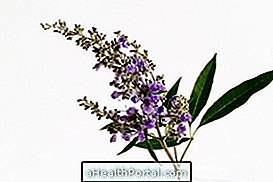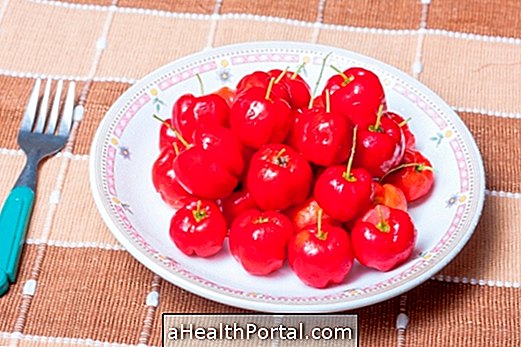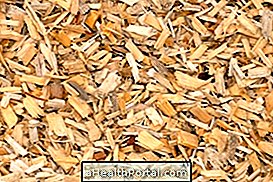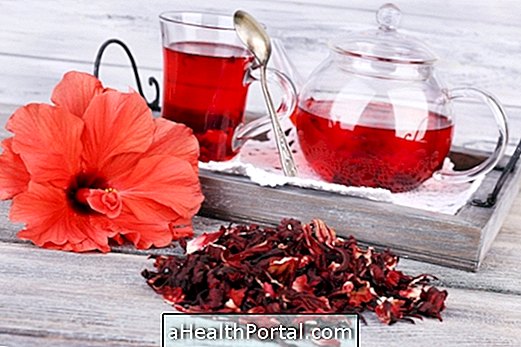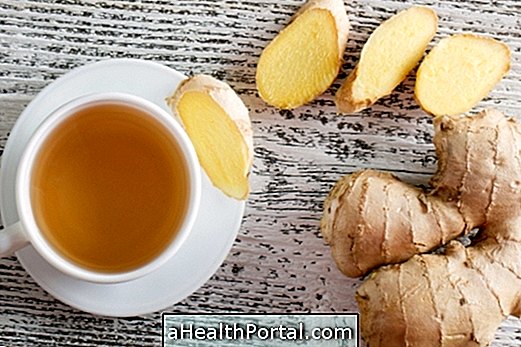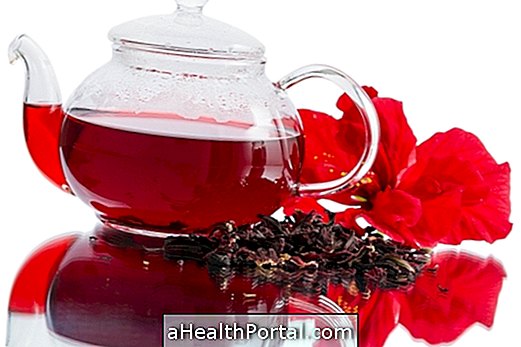Fennel is a medicinal plant, also known as Green Anise or Fennel, widely used in the fight against bad digestion, gas, belly pain or arthritis.
Its scientific name is Pimpinella anisum and can be found in markets, open markets, natural products stores and manipulation pharmacies.
Sometimes the fennel is mistaken for star anise, but these are different plants. Learn more about Anis-Starry here.
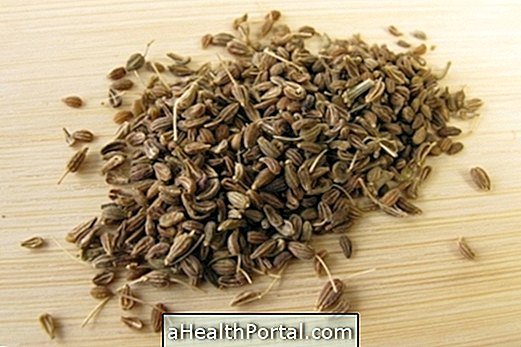
Indications of fennel
Fennel treats stomach pain, indigestion, bloating, heartburn, asthma, bronchitis, spasms, cramps, tummy ache, headache, inflammation, cough, gas, palpitations, bloating, flu, cold, catarrh and coryza
Properties of Fennel
The properties of fennel include its expectorant, tonic, healing, calming, diuretic, sudorific, galactagoga, antispasmodic and anti-dyspeptic action.
How to use the fennel
The used part of the fennel is its dried fruit.
- Fennel Tea: Put 1 tablespoon of fennel in a cup and cover with boiling water. Let cool, strain and drink the next. 2 to 3 times a day after meals.
Fennel can also be used in sweet recipes such as cakes and cookies.
Check out some applications of this medicinal plant:
- Home remedy for gases
- Home Remedy for Fluid Retention
Possible side effects
The side effects of Anis include nausea, vomiting and allergic reactions when consumed in excess.
When not to consume
Fennel is contraindicated in patients with duodenal ulcer, reflux, ulcerative colitis or diverticulitis and should also be avoided by patients supplementing with iron. Fennel oil is contraindicated in pregnancy and breastfeeding.
